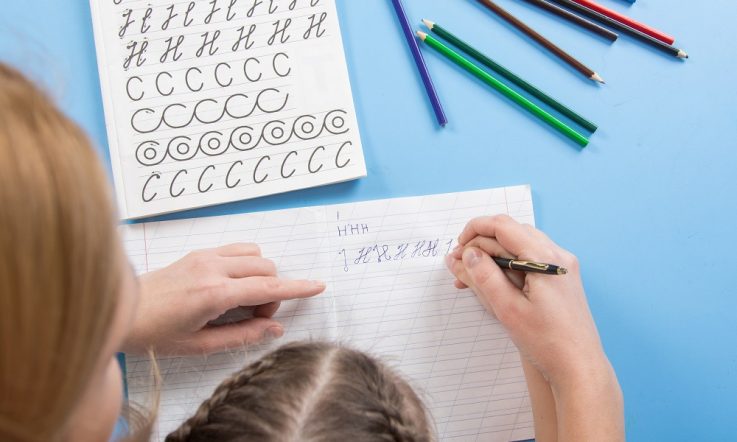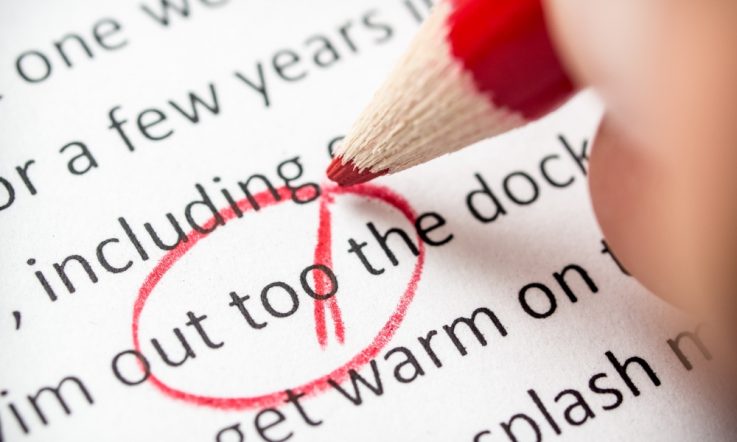If you're a teacher in a secondary school setting working with a class of Year 10 students, what do you do if you have a few students who really struggle with spelling?
It's a question you may have asked yourself – so, we decided to pose it to language and literacy specialist Lyn Stone when she popped into the Australian Council for Educational Research (ACER) offices recently.
Stone says, when it comes to addressing poor spelling habits with senior students, it's important to first ask yourself why this is happening.
‘The answer to that question will then give you a path as to how you might help that student.' In today's video, Stone explains there are several possible answers, including diagnosed or undiagnosed dyslexia.
Despite the challenges that students may face, she acknowledges that there is always room for improvement when it comes to spelling.
‘I'm not saying everyone can be a spelling bee champion overnight, it's not something that can happen. But start by asking yourself why and identifying the reasons, and that will give you the path that you need to go on.'
WATCH VIDEO
Lyn Stone will be presenting a Spelling for Life workshop on 12 May 2017 and a Language for Life workshop on 2 June 2017. Click on the links for more details. Her books Spelling for Life and Language for Life are available for purchase instore at the ACER bookshop in Melbourne.
In what ways do you address poor spelling habits in your classroom?
Once you’ve identified why a student is struggling with spelling, how could you go about providing them with the support they require? Is it something that you, as a classroom teacher, can help with or will you need to call on additional expertise and resources?



